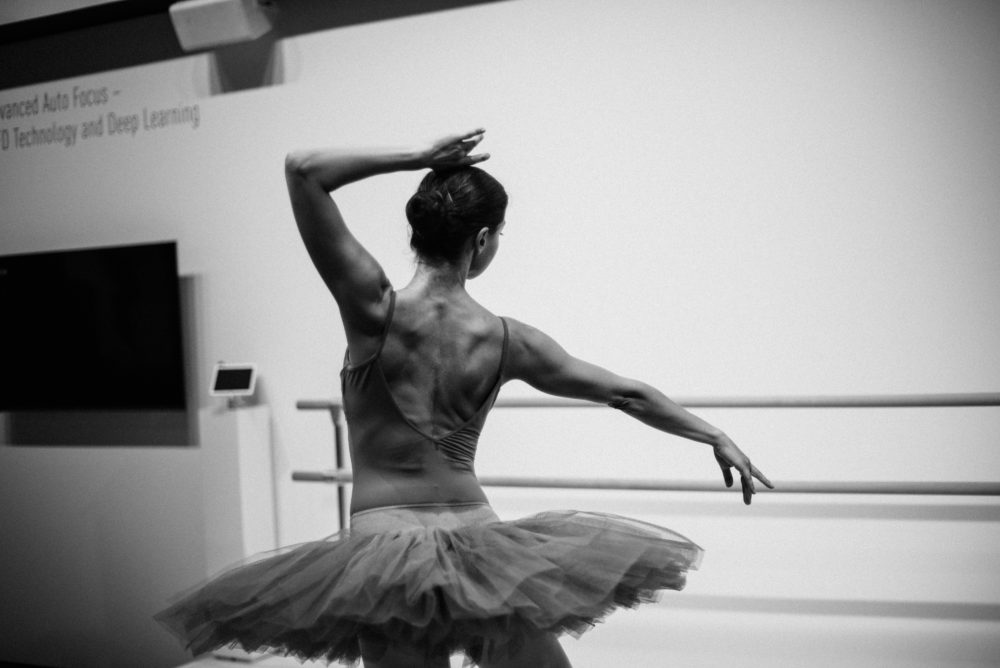
Coaching vs. Praising
“Good job!” Is praising your athlete a good idea?
Continuing the theme of coaching, this week, we here at Dark Horse HQ want to look at how we should be praising our athletes, and the pitfalls we should be avoiding when we dish out those all to familiar “Good job!”, “Gimme five!”, “Awesome!”, “What perfect technique!”… encouraging phrases you might hear at any gym or training environment.
Firstly, let me just state that it may be that not all forms of praise are harmful. Research has shown that different types of praise have different effects on athletes. It has also been shown that praise motivates anyone to work hard, learn, explore, and have a healthy outlook on their abilities. In some cultures, such as East Asian cultures, praise is rare. Despite this, the athlete’s you see at all major sporting events, all turn up motivated. Furthermore, comparable terms for “good boy” and “good girl” don’t exist in some European languages, such as German, French, or Polish. In addition, praise that is sincere, rather than automatic-sounding, and conveys realistic expectations can promote athlete’s self-motivation.
So here are the Dark Horse top 7 points for praising your athletes.
- Describe your athletes behavior and effort, not his or her attributes. Statements like “good work” or “great job” undermine self-motivation, and don’t provide your athlete with specific information that will help him or her continue the desired behavior. Instead, say what you see, by providing a simple, evaluation-free statement like, “You used a lot of leg drive” or “Your shoulders are protected nicely!” Even a simple “You did it!” tells the athlete that you noticed, without providing a judgment.
- Paying positive attention to appropriate behavior that is valued can be effective. An encouraging description such as “I can see you are working very hard on that body position” or “Wow! You are hitting those splits really well” tells an athlete that effort, cooperation, and positive relationships are valued in your gym.
- Avoid praise for low-challenge activities or error-free success – as this tells an athlete that he is only praiseworthy when he completes tasks quickly, easily and perfectly, and does not help an athlete embrace challenge.
- Be careful when praising after failure or mistakes – Praise such as “Well done. You did your best” can convey pity. It can also contribute to an athlete’s belief that his or her mistakes are a result of an underlying fixed ability or intelligence (which can’t be improved or changed) rather than due to effort (which can be improved). And telling an athlete to “Try harder” does not give the athlete any information about how to improve his or her effort.
- Praise must be sincere – praise should reflect the amount of effort the athlete puts in. When praise is meaningless and “over the top,” it loses its effectiveness.
- Reduce the amount of praise – praising an athlete can really become a habit. If your athlete is naturally interested in an activity and self-motivated, you don’t need to use praise at all.
- Provide natural consequences – when it comes to communication, praise can get in the way of conversation. Communication is its own reward, so, providing praise regarding an athlete’s attempts to communicate by saying “Yay! You rowed an even number!” or “Nice!” undermines the real purpose of communication, which is to share thoughts and feelings and to get things done. Therefore, if your athlete rows consistent stroke rates, talk about the stroke rate!!, this is far more reinforcing since it tells them that the effort was effective. Your athlete will be motivated just by having his efforts understood and responded to with enthusiasm.
So what is the goal when it comes to encouraging athletes? Research suggests that we keep in mind our long-term goals for our athletes and watch for the effects of what we say. Ultimately, we want to encourage our athletes to be self-motivated and to embrace challenge… and that means not making them dependent on praise.
Want to get the right praise for your efforts in training? Head on over to our Crew and join a community dedicated to getting you better at the work you put in and the results you work for.
Yours in education, training and motivation.
Coach John.
Photo by Katya Austin on Unsplash
Leave A Reply Cancel reply
No products in the cart.



1 Comment
receiving my new Aero 24 end of January, can’t wait